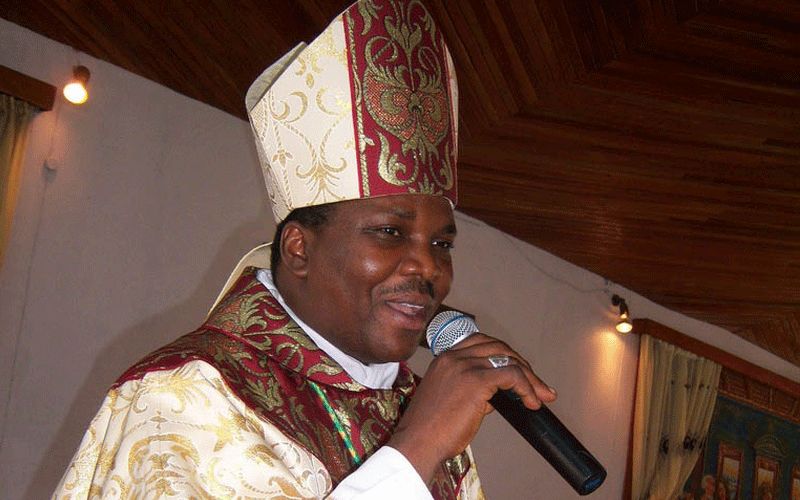Oyo, 10 March, 2020 / 11:58 pm (ACI Africa).
In the fight against various insurgents operating in Nigeria, industrialized nations where weapons used by rebel movements are manufactured need “to look inwards” and review their role in fostering insecurity, a Bishop in Africa’s most populous nation, Nigeria told ACI Africa in an interview.
“Anywhere there is war and conflict, there is a hand behind that benefits from it all,” Nigerian Bishop Emmanuel Badejo said last week in response to factors behind insecurity in his country.
In his view, besides Africans themselves, the “world powers” that manufacture and sell weapons are an important factor in the challenge of insecurity both in Nigeria and other parts of Africa.
“These very powerful arms come into Africa and it does not seem to ever end!” the Bishop of Nigeria’s Oyo diocese lamented.
“I don't know of any African country that produces rockets. I do not know of any African country that produces bombs,” Bishop Badejo reflected and added in reference to the series of abductions, torture, and murders in his country, “It is definitely not just Africans who are causing all these problems.”








